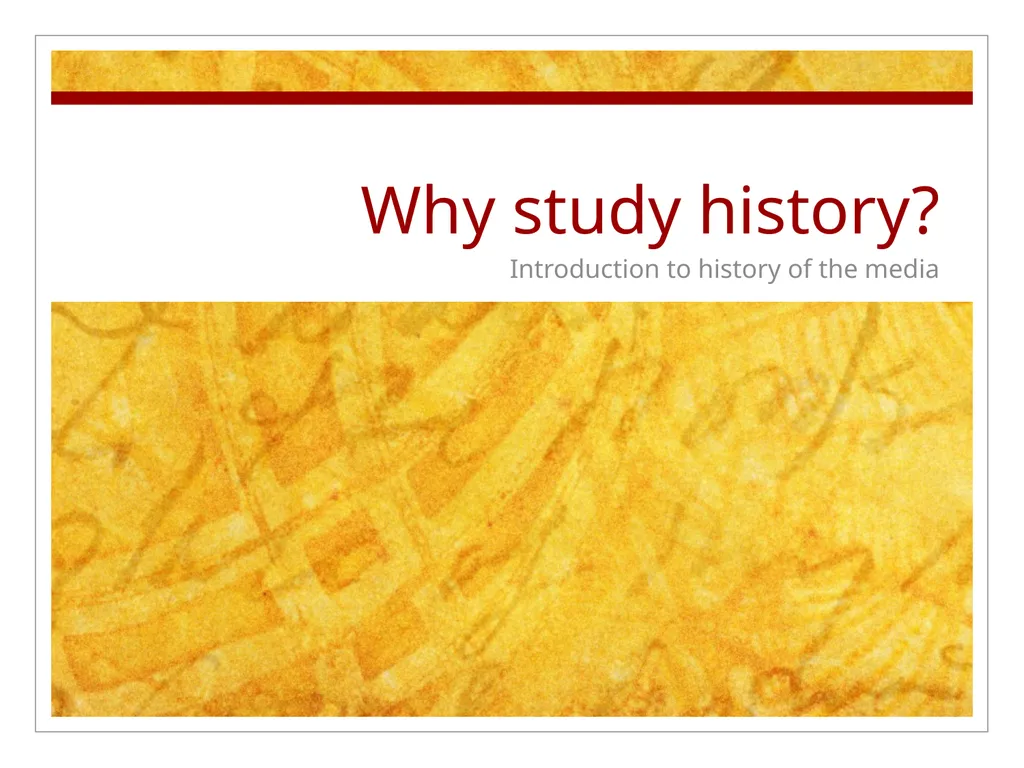
Author : luanne-stotts | Published Date : 2025-08-04
Description: Why study history? Introduction to history of the media Why study history? History is Bunk.Henry Ford Actually, he said history is more or less bunk. ButHenry Ford is history. Why study history? The American idea was a break from theDownload Presentation The PPT/PDF document "" is the property of its rightful owner. Permission is granted to download and print the materials on this website for personal, non-commercial use only, and to display it on your personal computer provided you do not modify the materials and that you retain all copyright notices contained in the materials. By downloading content from our website, you accept the terms of this agreement.
Here is the link to download the presentation.
"Why study history? Introduction to history of the"The content belongs to its owner. You may download and print it for personal use, without modification, and keep all copyright notices. By downloading, you agree to these terms.









![[BOOK]-Status: Why Is It Everywhere? Why Does It Matter?: Why Is It Everywhere? Wh...](https://thumbs.docslides.com/956296/book-status-why-is-it-everywhere-why-does-it-matter-why-is-it-everywhere-why-does-it-matter.jpg)



